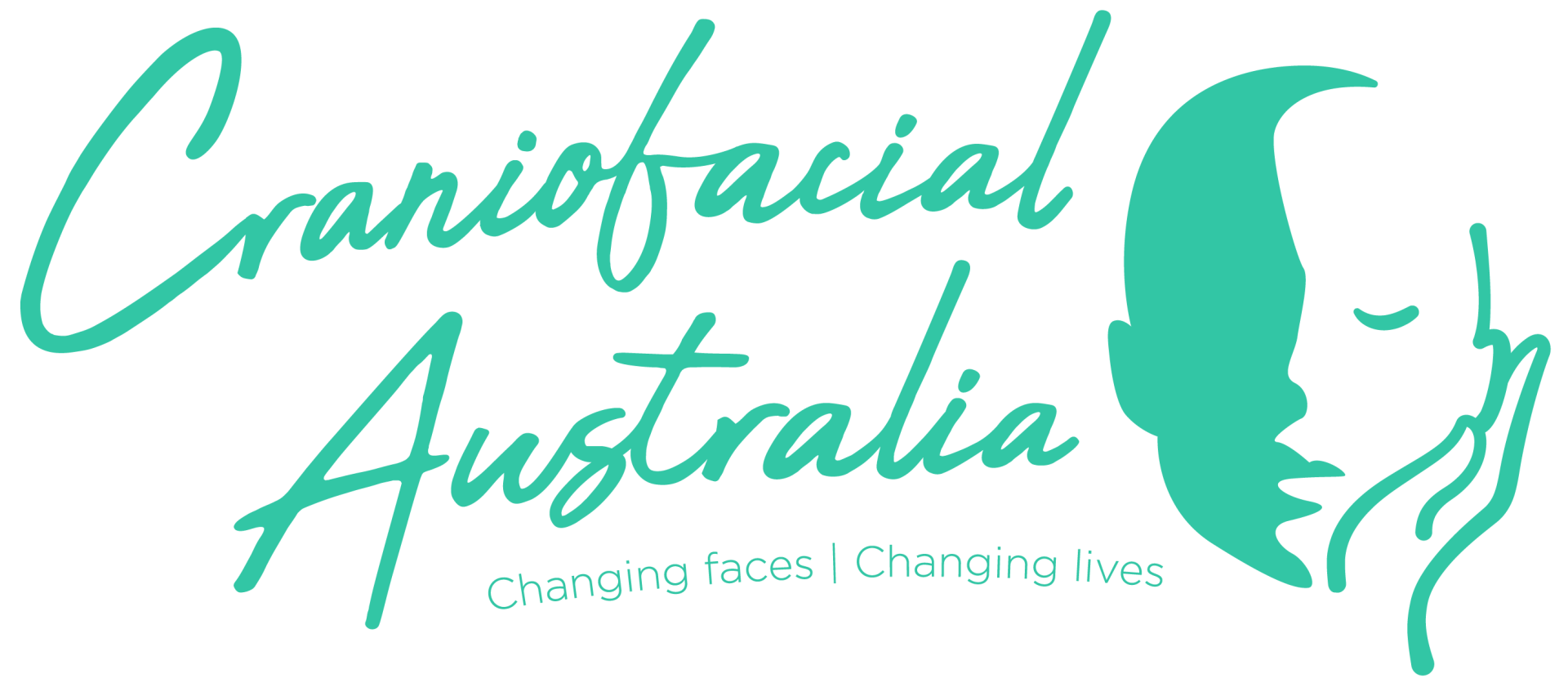
Mental health disorders among individuals with craniofacial anomalies
University of Western Australia
Dr Mohammed Junaid

Slide title
Dr Mohammed Junaid
Button
Slide title
University of Western Australia
Button
The social stigma faced by people with craniofacial deformities is well-documented, and raising public awareness of craniofacial conditions so that they are treated with compassion requires constant effort. The impairments in speech and hearing, as well as appearance and self-esteem issues, that people with craniofacial conditions are affected by can often lead to bullying, social inclusion and other forms of trauma. However, research into the mental health outcomes of people with craniofacial conditions has been limited. The study lead by Dr Mohammed Junaid that aims to understand the prevalence of mental health problems in craniofacial patients compared to a control population. By using linked population data from several different databases, Dr Mohammed Junaid is working towards understanding the epidemiology of rare craniofacial anomalies, analysing any association between craniofacial deformity, intellectual disability and Autism Spectrum Disorder, trends in the hospitalisation of craniofacial patients, and short- and long-term survival of children with craniofacial deformities.
By utilising population data from seven databases across Western Australia, this projects aims to find out how many craniofacial patients experience mental health conditions and get a better picture of patients’ quality of life in comparison to people without craniofacial anomalies.
The findings of this study may have a profound impact on the management protocols followed by craniofacial multi-disciplinary teams. A better understanding of the long-term mental health faced by craniofacial patients will be able to inform health practitioners to develop more effective policies and protocols and allow them to give better psychological and emotional support to patients.
204 Melbourne Street
North Adelaide SA 5006
Phone: (08) 8267 4128
Email: info@acmff.org.au
Sign up for our e-Newsletter
Welcome to the Craniofacial Australia family. We are thrilled to have you join this incredible craniofacial community of ours. At the centre are our families affected by a wide range craniofacial conditions, but an equally important part are our amazing donors, supporters, volunteers, researchers and medical professionals. Thank you for joining our community.
You will now receive our quarterly Newsletter – Changing Faces Changing Lives.
Don't forget to join our community on Facebook and Instagram, where you'll find regular updates on our craniofacial families and all the other happenings at the Foundation.
If you have any questions about our work or want to find out how you can get involved further, please do not hesitate to contact us direct.
If there’s scope to include a banner (such as the email footer banner below) which links to our donate page that would be great).
Many thanks,
Craniofacial Australia
P: (08) 8267 4128
Please try again later.
Registered Charity: CCP2573 | ABN: 29 008 155 780
All Rights Reserved | Craniofacial Australia
Web Design by Ignite Signs + Visual
